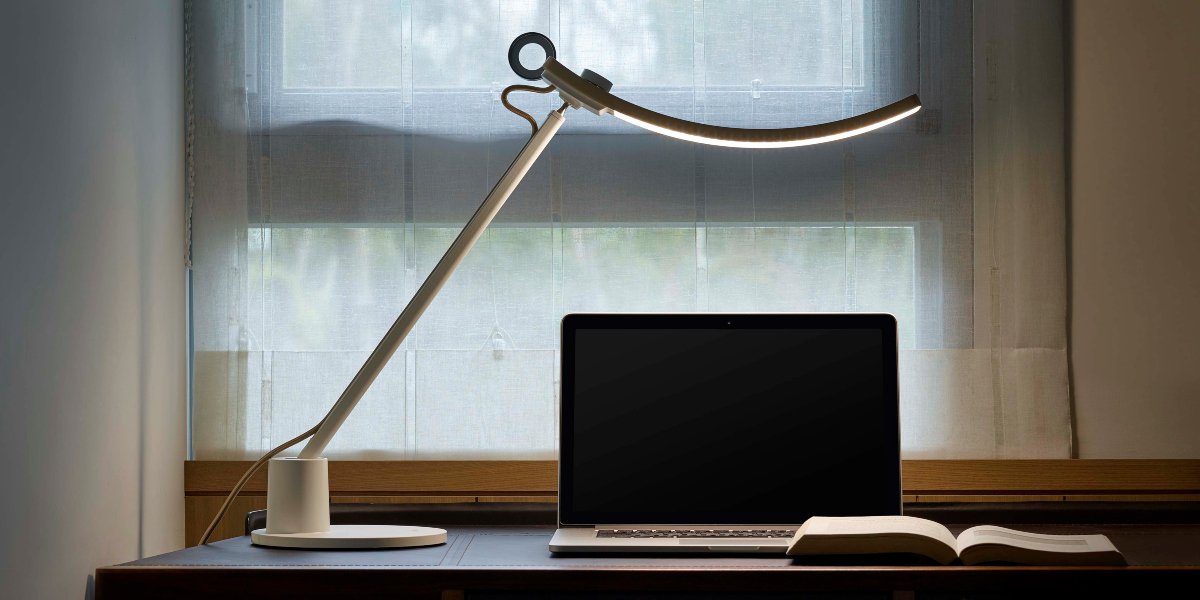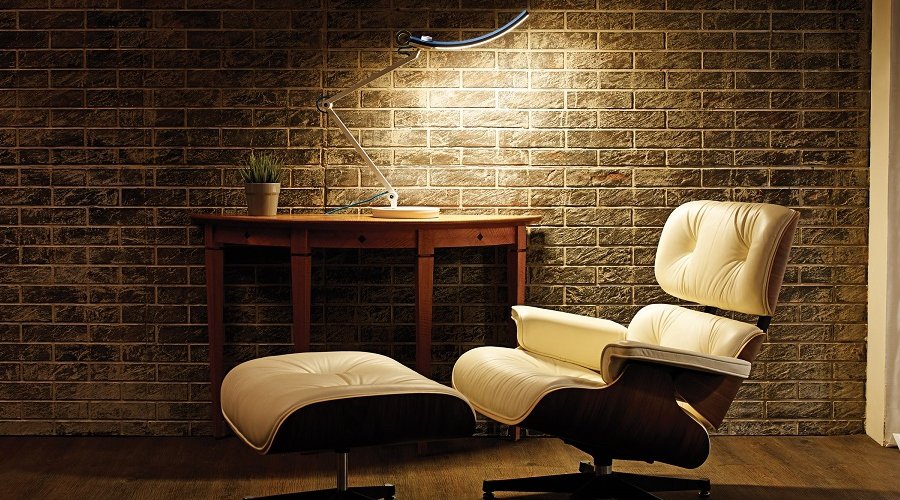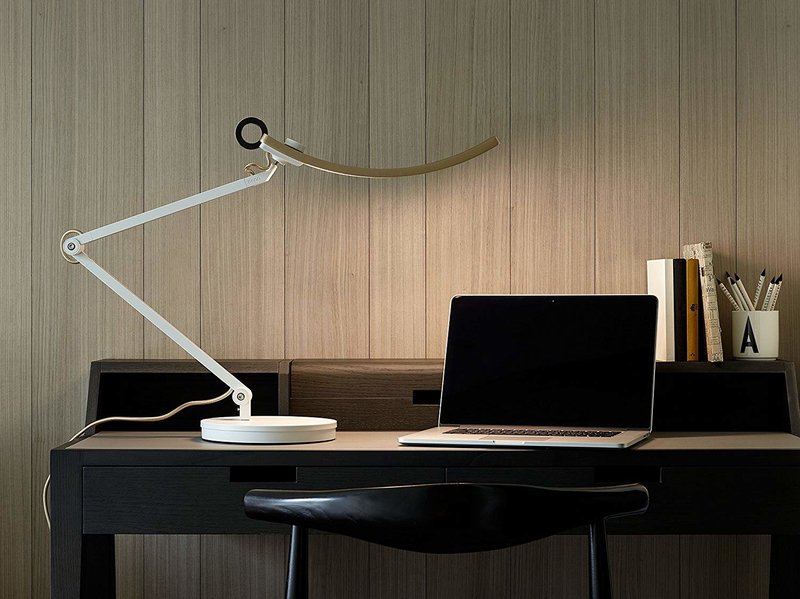Projector
Monitor
Lighting
Digital Display
Job References
This site uses cookies. By continuing to browse the site you are agreeing to our use of cookies, you can also manage preferences.
This site uses cookies. By continuing to browse the site you are agreeing to our use of cookies, you can also manage preferences.
Projector
Monitor
Lighting
Digital Display
Job References
Projector
Monitor
Lighting
Digital Display
Job References
Knowledge Center Support
Besides affecting the eyes, the light also affects the brain. This is because the retinas in the eyes not only convert the received light into an image, they also transmit the bright and dim messages of the light to the pineal gland of the brain. The pineal gland is affected by bright and dim messages, and this consequently affects the secretion of melatonin. Melatonin is the key to controlling whether people want to stay awake or want to sleep. During the daytime, the secretion of melatonin is inhibited by bright light, which makes people mentally focused. When it is night and is time to go to bed, the light turns yellow and dim, and the secretion of melatonin increases, which reminds the body it is time to go to bed.
Hence, a good desk lamp can change its “color temperature” according to your daily work-rest schedule. It adopts cold white light during daytime which enables you to focus your mind, and uses warm yellow light when it is time to go to bed, which is suitable for bedside reading, thus avoiding delays in falling asleep. In addition, many studies indicate that learning efficiency is higher under cold white light and results in fewer mistakes in answering questions. There are Korean studies indicate that it is easier to stimulate innovation under warm white light, making it suitable to use in art rooms or music rooms.
The greatest advantage of an LED desk lamp is its dimmable color temperature, which enables any combination from warm yellow to cool white. Other advantages include power savings and longevity. The operating time of an LED desk lamp is 40,000 hours, assuming it operates 8 hours per day, which is equivalent to being used for 14 years. The LED light source has no ultraviolet rays (UV) or infrared rays (IR), hence the LED desk lamp neither hurts the skin nor generates heat.
As for LED desk lamps, it is inevitable that we mention whether it is harmful to the eyes. It is true that light enables the eyes to see books and objects clearly, but bad light may hurt the eyes. What is bad light? Blue light and flickering are two key issues to be concerned about. It is easy to cause retinopathy when the retina receives strong blue light waves for a long time, that is the “blue light hazard” we usually hear about. Flickering is another source that may hurt the eyes. When the brightness of light becomes suddenly bright and suddenly dim over time, it means that the light is flickering, something we generally call stroboscopic. Some doctors claim that even if the flickering is in very high frequency so that you can’t feel it, it may still generate rapid contraction of the eye muscles, which may make your eyes or body feel uncomfortable.
Therefore, when purchasing a LED desk lamp, besides enjoying its advantages, it is also necessary to check whether it meets the blue light safety standards of the EU and whether it passes the IEEE PAR 1789 for stroboscopic testing (the BenQ desk lamp series achieves a flicker ratio of less than 10% through the non-flicker circuit design. This is almost the lowest value in the industry).
LED desk lamps enable a variety of choices in light, which can be used from day to night under different circumstances. A LED desk lamp that meets international standards not only makes the eyes more comfortable, but also greatly improves the efficiency of work and reading. Check out BenQ's e-Reading LED desk lamp series that offers a wider, safer and more comfortable reading experience for screen and traditional reading.
Thanks for your feedback!



